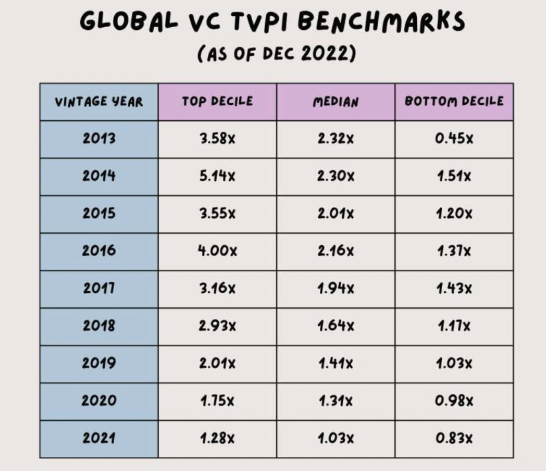
As startups continue to emerge and expand in the business world, new markets are constantly being created. Many of these markets are at the forefront of solving big problems, yet they are not always clearly defined. In order to break into these markets, founders have the responsibility to sell their product and solve problems that have yet to be defined. In this blog, we will discuss the challenges that come with entering a market with no clear direction and how to make a significant impact.
One such example of a problem that emerged in the past years due to COVID-19 was the future of work. Managers were forced to adapt to a work from home environment and find ways to manage productivity among employees. Companies needed teleconferencing tools like Zoom, communication platforms like Slack, and task management software such as Monday or Trello. More nuanced solutions were also created to address employee culture and engagement in remote work environments.
As startups entered the market, some began bundling capabilities and creating vertical solutions for specific target markets. However, with so many new companies emerging and countless venture dollars being poured into the space, the market became noisy and crowded. Founders often believe that their product or market is unique, but the reality is that they are likely one of hundreds or thousands of ventures attacking the same problem.
It is essential for founders entering a crowded market to have demonstrable differences in their product, otherwise they risk being lost in the noise. It’s not enough to just string together a list of capabilities, they must be able to provide an actual solution to a specific problem. Marginal differences don’t hold up over time, so it is crucial to focus on what sets their product apart and how it can create a significant impact.
One way to make an impact in a crowded market is to identify a subcategory within the broader problem that has not yet been addressed. By focusing on a specific area and targeting a smaller, more defined group of buyers, startups can create a niche market that is easier to penetrate. It’s important to do the research and find the gaps in the market, rather than blindly attempting to launch a product in a space that is already saturated.
Finally, founders must remember that the solution is not just in the product, but in the sales and marketing strategy as well. It’s not enough to just have a great product with unique capabilities, they must also have a strong sales pitch and targeted messaging. By making sure their product is meeting a specific need, while also being sold and marketed in a compelling way, founders can break through the crowded market and make a significant impact.
Entering a crowded market can feel daunting, but it is possible to create significant impact with the right approach. By identifying specific subcategories, creating unique solutions, and utilizing targeted sales and marketing strategies, founders can pave the way to success. It’s important to focus on creating a tangible solution to a specific problem and not get lost in the noise of the broader category. With dedication, research, and a willingness to adapt, startups can succeed even in the most crowded of markets.









